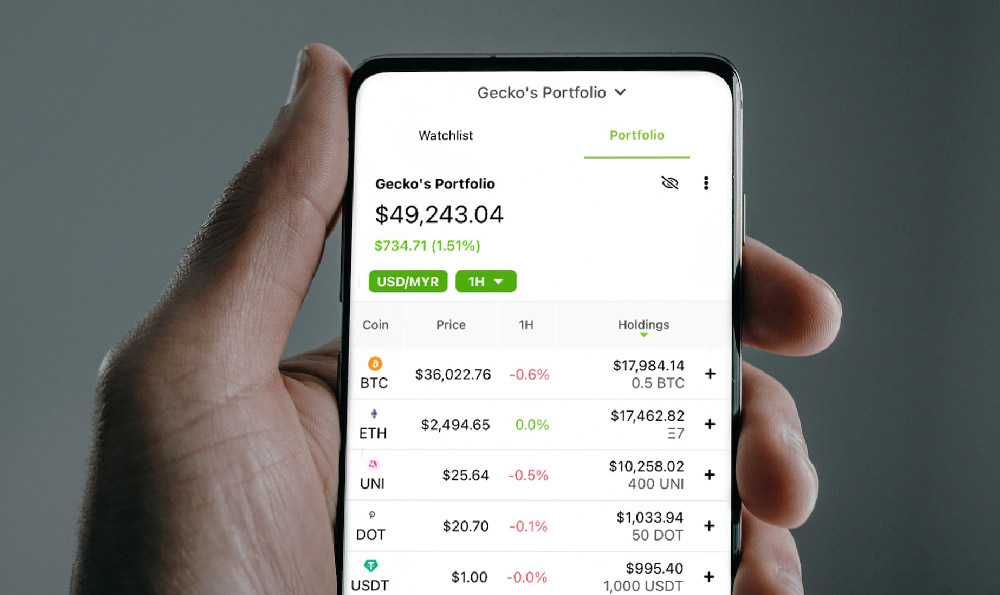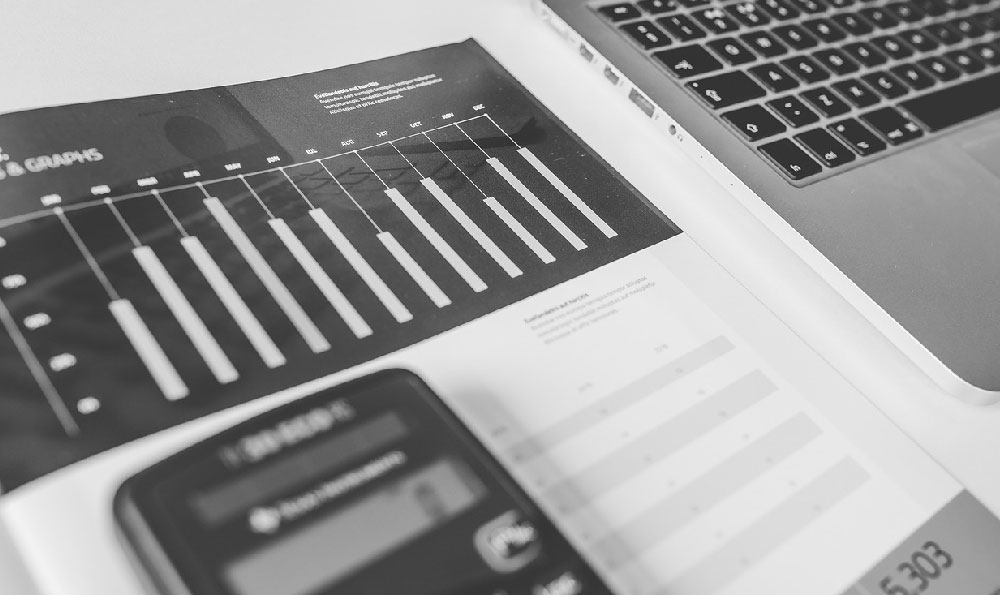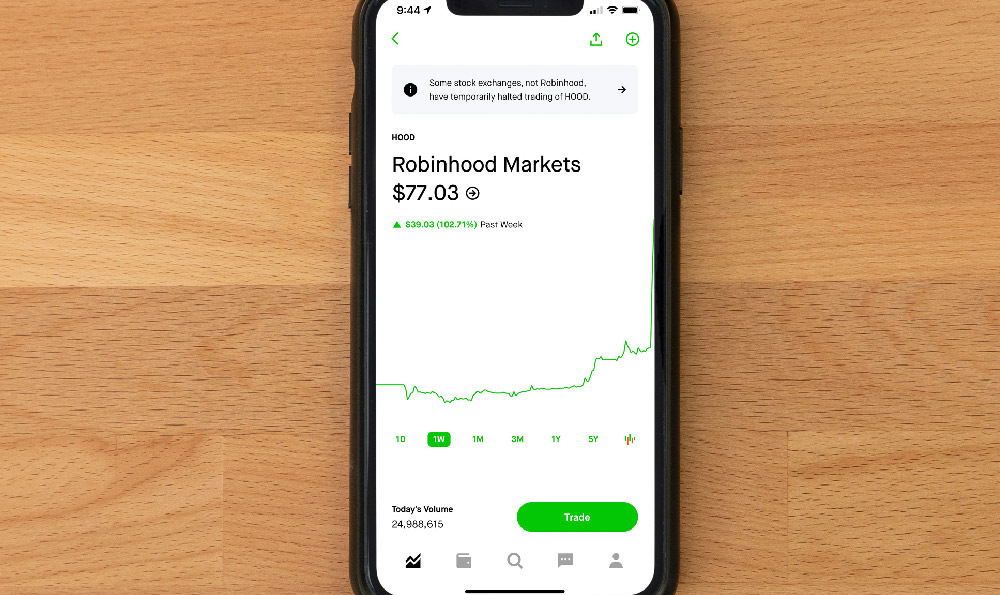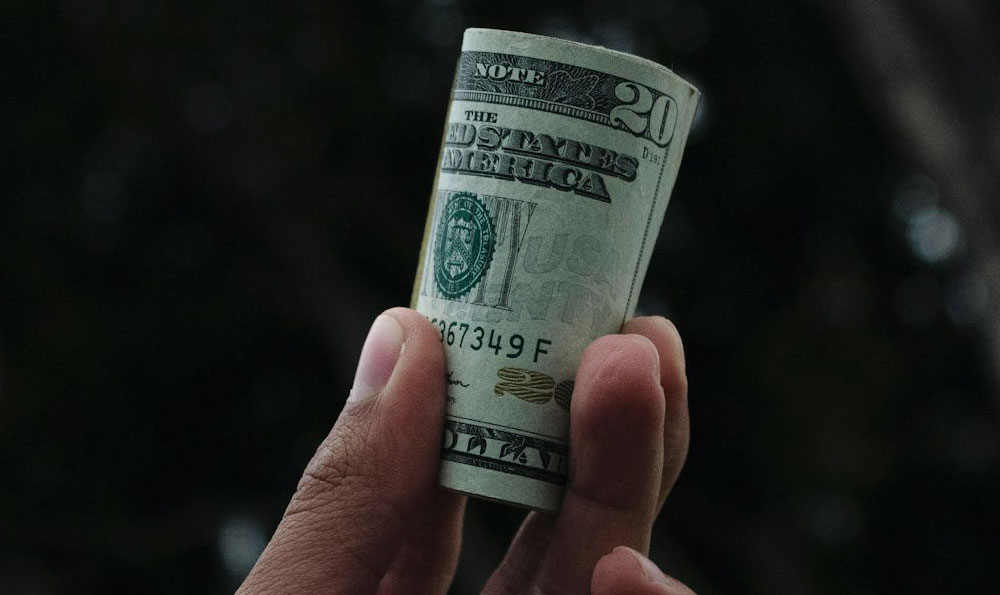Okay, I understand. Here's an article based on the prompt, aiming for detail, depth, and a conversational yet informative tone, avoiding bullet points, numbered lists, or phrases like "firstly" and "secondly."
Is flipping cars a viable path to financial freedom, or just a fast lane to potential losses? The answer, as with most investment ventures, lies in a blend of market understanding, skillful execution, and a healthy dose of due diligence. While the romantic image of buying a beater, giving it a quick shine, and reselling it for a hefty profit exists, the reality is often more nuanced, demanding a strategic approach for consistent success.
The allure is undeniable: the relatively low barrier to entry compared to real estate or stock investments, the tangible nature of the asset, and the potential for quick returns. Unlike holding stocks for the long term, a car flip can potentially generate profit within weeks, even days, if executed flawlessly. However, this speed is a double-edged sword. It necessitates a rapid learning curve, a keen eye for value, and the ability to swiftly address any problems that arise.

Success in car flipping hinges on several key pillars. Firstly, market research is paramount. Don't just jump into buying the first seemingly cheap car you find. Understand the local demand. What types of vehicles are selling quickly? Are SUVs in favor, or are fuel-efficient sedans the more sought-after commodity? Where are you going to sell the cars? Online, privately, or at auctions? What price can you realistically expect to achieve? Tools like Kelley Blue Book, Edmunds, and even local classifieds listings can be invaluable resources in gauging market trends and pricing expectations.
Secondly, honing your negotiation skills is crucial. The purchase price dictates the profit margin. Mastering the art of haggling, identifying hidden flaws that can be used as leverage, and building rapport with sellers can significantly impact your bottom line. Remember, you're aiming to buy low, not just buy cheap. A car with minor cosmetic damage that you can repair yourself might be a far better investment than a mechanically unsound vehicle offered at a slightly lower price.
The process of assessment is not just about kicking tires and starting the engine. A thorough inspection, preferably by a trusted mechanic, is an essential step. Undiscovered mechanical issues, frame damage, or electrical problems can quickly erode your profit margin, turning a potential goldmine into a money pit. Invest in a pre-purchase inspection; it's a relatively small cost that can save you from significant headaches down the road. Consider investing in an OBD2 scanner. This allows you to plug into the cars computer and see if there are any hidden problems. Some scanners even report the readiness of emissions tests, which can be a huge advantage when buying a car.
Once you've acquired a vehicle, the next phase involves improvement and presentation. This doesn't necessarily mean expensive overhauls. Often, a meticulous cleaning, detailing, and minor repairs can significantly enhance the car's appeal. Addressing obvious cosmetic flaws, fixing small mechanical issues, and ensuring the car is mechanically sound are essential. Don't underestimate the power of a good photograph. High-quality images showcasing the car's best features are crucial for attracting potential buyers online.
Transparency is paramount. Honesty in your listing and during interactions with potential buyers builds trust and avoids potential legal issues down the line. Disclose any known flaws, provide accurate information about the car's history, and be upfront about any repairs you've made. This approach, while seemingly counterintuitive, often leads to quicker sales and happier customers, fostering a positive reputation that can benefit your car flipping business in the long run.
Marketing your vehicles effectively is also crucial. Online platforms like Craigslist, Facebook Marketplace, and specialized car listing sites offer broad exposure. Craft compelling ad copy that highlights the car's key features, benefits, and value proposition. Be responsive to inquiries, and be prepared to answer questions thoroughly. Scheduling viewings at convenient times and locations can also increase your chances of making a sale.
Financing options should also be considered. While paying cash for vehicles is ideal, it might limit the scale of your operations. Exploring financing options, such as personal loans or lines of credit, can allow you to acquire more vehicles and potentially increase your profits. However, it's crucial to carefully assess the interest rates and repayment terms to ensure that the financing costs don't erode your profit margins.
Beyond the individual car flip, building a sustainable car flipping business requires attention to legal and administrative details. Understanding local regulations regarding car sales, obtaining the necessary licenses and permits, and maintaining accurate records of your transactions are essential for avoiding legal issues and ensuring compliance. It's wise to consult with a legal professional to ensure you're operating within the bounds of the law.
Ultimately, the profitability of car flipping depends on your ability to acquire vehicles at below-market prices, improve their condition effectively, market them strategically, and manage your finances prudently. It's not a get-rich-quick scheme, but rather a skill-based endeavor that rewards those who are willing to invest the time, effort, and resources required to master the art of buying, repairing, and selling cars for profit. With a solid understanding of the market, a keen eye for value, and a commitment to ethical business practices, car flipping can indeed be a profitable and rewarding venture.












